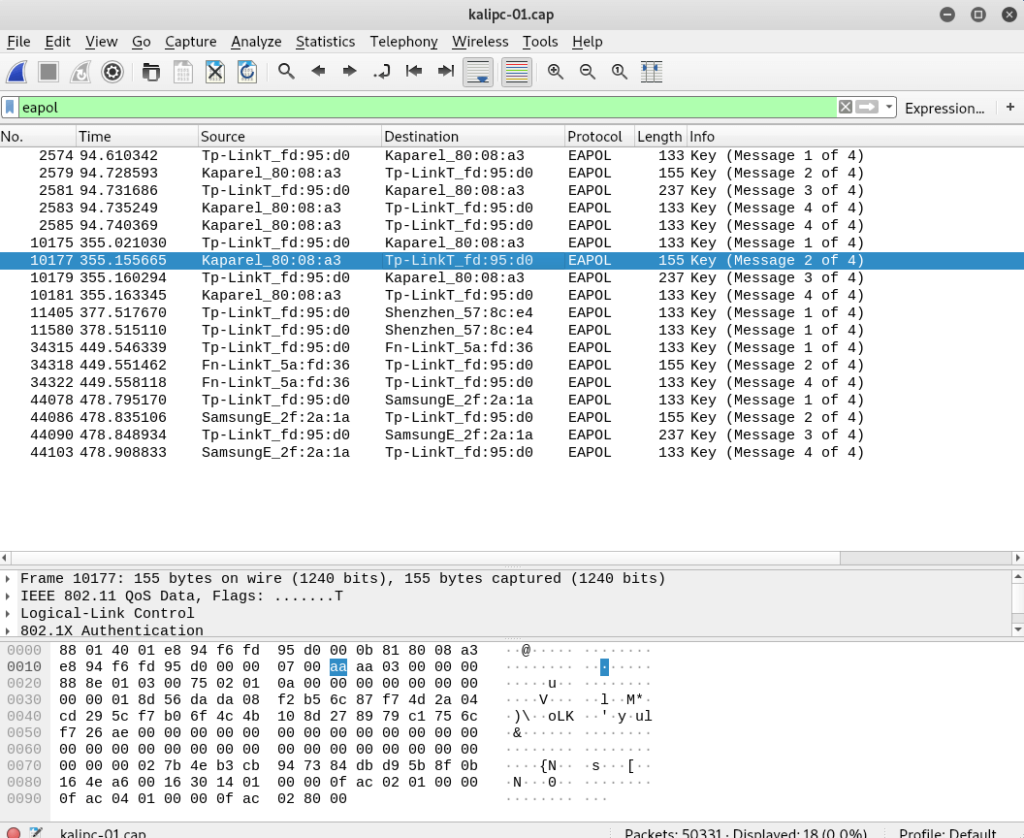
Replace with the filename of your encrypted SSL private key. K6546: Recommended methods and limitations for running tcpdump on a BIG-IP system To decrypt an SSL private key, run the following command.
K50557518: Decrypt SSL traffic with the SSLKEYLOGFILE environment variable on Firefox or Google Chrome using Wireshark K19310681: Decrypting SSL/TLS traffic using Wireshark and private keys Limitations. I have tried to add the private key: 'Edit'->'Preferences'->'Protocols'->'TLS' then added the server_key.pem to the RSA key list with 10.0.0.6 for the ip 1337 for the port and tcp as the protocol but I still can't decrypt the packet with the application data. To disable a non- Diffie-Hellman cipher on the client side, using Firefox, type about:config in the location bar. Note: You might be unable to decrypt the session it a Diffie-Hellman cipher is used. The request and response displays as clear text. Right click on the stream of the packets and select Follow SSL Stream, as shown below. jSSLKeyLog is a Java agent which can be injected into the JVM to dump the symmetric key to a file, which then is used. After the handshake is complete, the symmetric key is used to encrypt/decrypt the application data (payload) to be transmitted over the wire.  TLS/SSL handshake uses asymmetric (public/private) keys to negotiate a symmetric key. I have not been able to find the private key on the UTM though that will allow me to decrypt the SSL traffic in Wireshark. I would like to analyze the traffic from one particular client so I have done a tcpdump for that IP only. While you can add new.I have done a tcpdump from the Sophos UTM (UTM is SSL intercepting all SSL traffic at the moment). The certificate and key are uploaded Separation of privileges is enforced so that only the SSL decryption process on the system can access the private keys. You can decrypt forwarded SSL traffic by uploading the private key and server certificate associated with that traffic.
TLS/SSL handshake uses asymmetric (public/private) keys to negotiate a symmetric key. I have not been able to find the private key on the UTM though that will allow me to decrypt the SSL traffic in Wireshark. I would like to analyze the traffic from one particular client so I have done a tcpdump for that IP only. While you can add new.I have done a tcpdump from the Sophos UTM (UTM is SSL intercepting all SSL traffic at the moment). The certificate and key are uploaded Separation of privileges is enforced so that only the SSL decryption process on the system can access the private keys. You can decrypt forwarded SSL traffic by uploading the private key and server certificate associated with that traffic. 
You need to see how the SSL traffic is sent to a Mule product and have ability to send the request via a non-DHE cipher (such as AES256-GCM-SHA384) and can upload the RSA private key in Wireshark to decrypt the traffic.






 0 kommentar(er)
0 kommentar(er)
